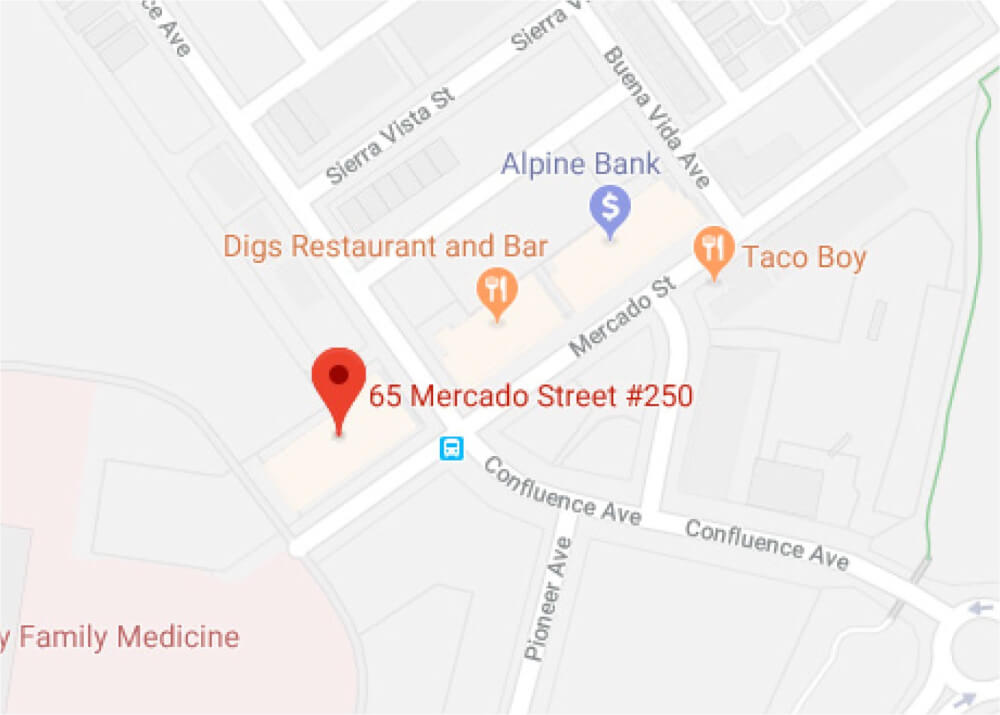Walk This Way!
Owning a home in the Three Springs Walkable Neighborhoods improves your investment!
Recently the Chicago Market Watch reported that homes located within walking distance of amenities such as schools, parks and shopping aren't only more convenient for their owners, often they're also worth more than homes in neighborhoods where driving is the rule, according to a new study.
The report looked at 94,000 real-estate transactions in 15 markets. In 13 of those markets, higher levels of "walkability" were directly linked to higher home values.
The report, "Walking the Walk: How Walkability Raises Housing Values in U.S. Cities," was commissioned by CEOs for Cities, a national network of urban leaders from the civic, business, academic and philanthropic sectors.
It's an important point for home-buyers who are trying to identify which homes will hold their value, said Joseph Cortright, the report's author and a senior policy adviser to CEOs for Cities. Cortright is an economist and president of Impresa, a Portland, Ore.-based consulting firm.
Walkable places have some of the best chances of performing well in years ahead, he said.
Money talks, people walk
There are environmental and health benefits from living in a place where the car can stay parked. In promoting Walk Score, Lerner said his firm emphasizes how walking rather than driving can play a part in preventing global warming and how people who live in walkable areas weigh seven pounds less, on average, than those who don't. Places with higher Walk Scores also often have better mass transit services, according to the report.
"I don't know of any other study that has put a dollar value on walkability," he said.
While convenience does play a roll in the desirability of walkable neighborhoods, consumers still haven't forgotten the days of $4-a-gallon gas — and that scar is influencing where they want to buy a home, Lashinsky said.
"This is not about people having to live without cars." Rather, it's about giving people the option to use them less often. "They don't need to use them for every single trip, and when they do have to, they don't have to drive as far," he said.


